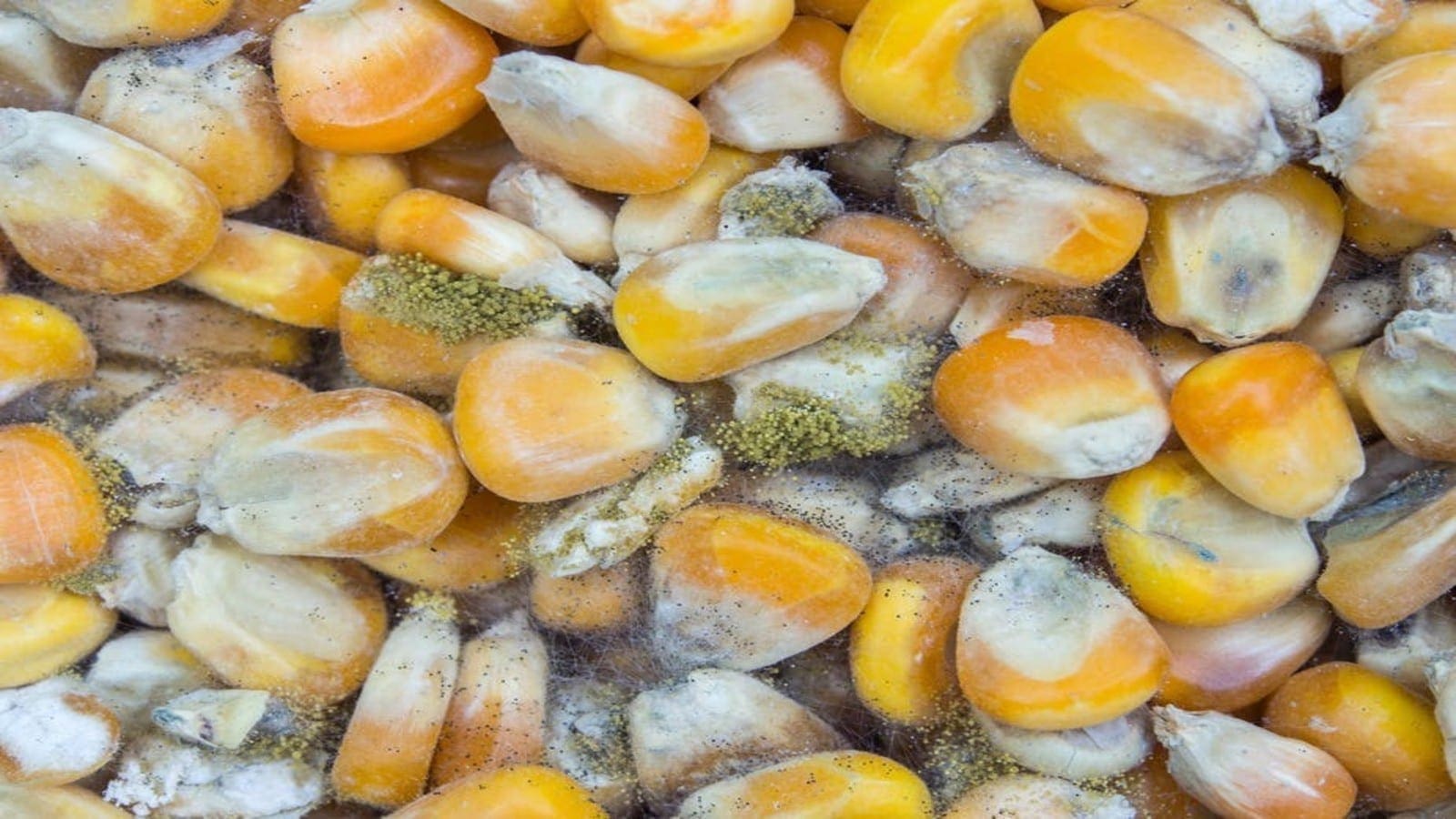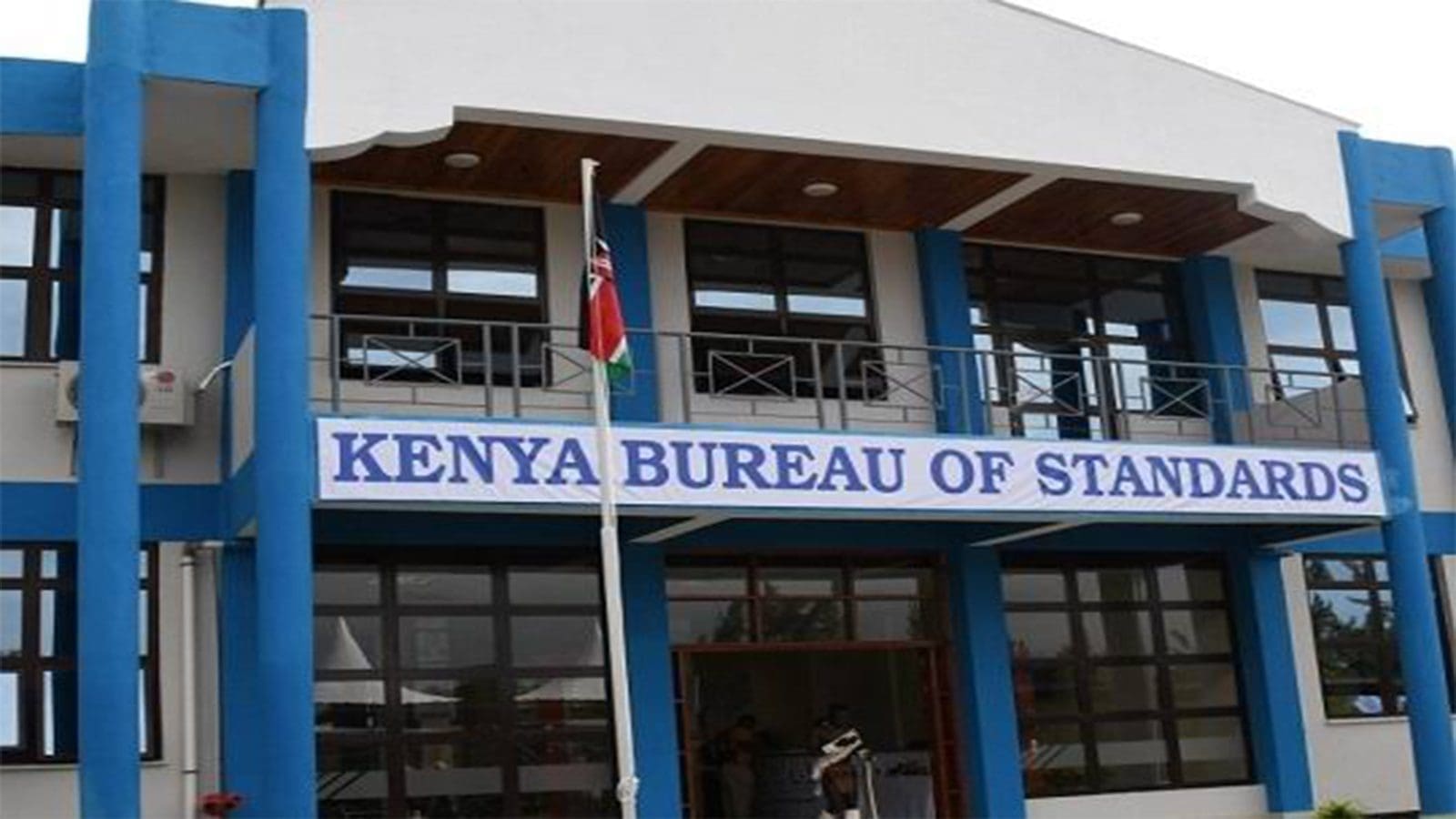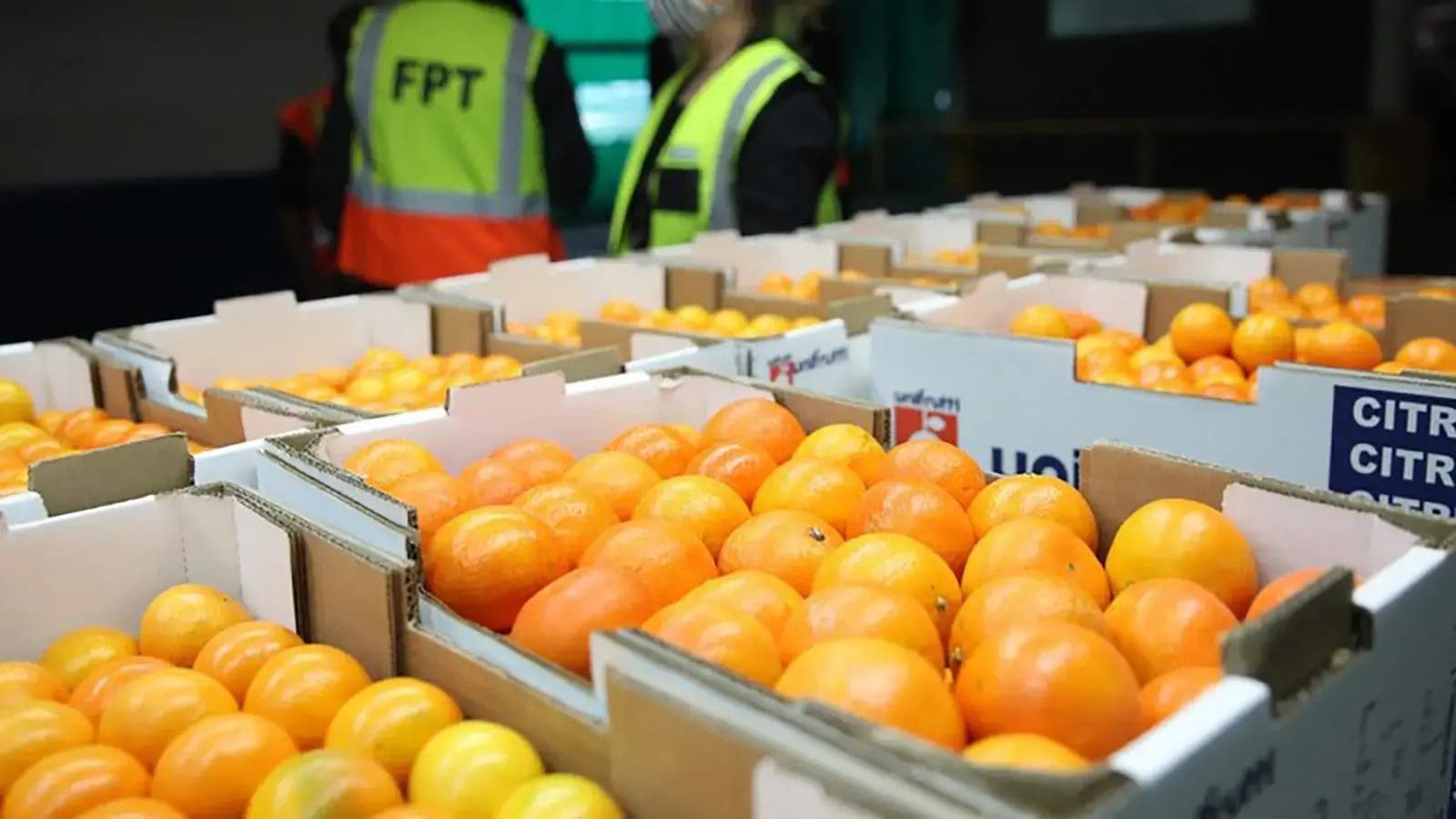TANZANIA – The Tanzania Bureau of Standards (TBS) has been asked to enhance food safety surveillance activities which is a fundamental component in protecting people’s health and penetrating domestic and global markets.
Kondoa District Commissioner Dr Hamis Kanachi made the remarks when flagging off a food safety training organized by the TBS, through the Tanzania Initiative for Preventing Aflatoxin Contamination (TANIPAC) programme.
TANIPAC employs an integrated approach in the maize and groundnut value chains to minimize aflatoxin occurrence in the food system, leading to improved food safety and security and ultimately to improved health and nutrition, agricultural productivity, and trade.
The training also entailed creating awareness on how to fight aflatoxin on maize and groundnuts to food processors and distributors.
“TBS should intensify training and other awareness campaigns on food safety to protect the health of the people and the economy of the country,” Kanachi said.
He said food safety is fundamental in protecting health of the people and in penetrating domestic and international markets thus contributing to economic development.
As such, food safety should be given priority in all aspects. Unhealthy food may cause serious health problems to consumers and also result in economic losses.
The District Commissioner said food safety is currently facing various challenges including contamination caused by aflatoxin that leads to serious health problems and effects on the economy.
He urged the training participants to make efficient use by spreading to others the knowledge gained on food safety, especially on how to combat aflatoxin so that the community and the whole nation may be free of the problem.
The TBS Official on standards Mr. Ally Kingazi said processors and distributors should use the knowledge gained on aflatoxin in order to enhance food safety in the society, as well as avoid incurring losses in case they sell contaminated food products in the market.
He said when contaminated food products are seized, they are destroyed which could be huge losses in their business, according to Daily News.
After conducting training and campaigns in 18 districts in the country, Kingazi said that an evaluation showed that there is a very low awareness of the problem of aflatoxin in the society.
“Apart from health problems, aflatoxin may have a huge impact on the business including losses when contaminated food products are seized,” he noted.
The Bahi District Commissioner Ms. Mwanahamisi Munkunda advised TBS to make the training on food safety and combating aflatoxin a sustainable initiative.
Liked this article? Subscribe to Food Safety Africa News, our regular email newsletters with the latest news insights from Africa and the World’s food safety, quality and compliance. SUBSCRIBE HERE








